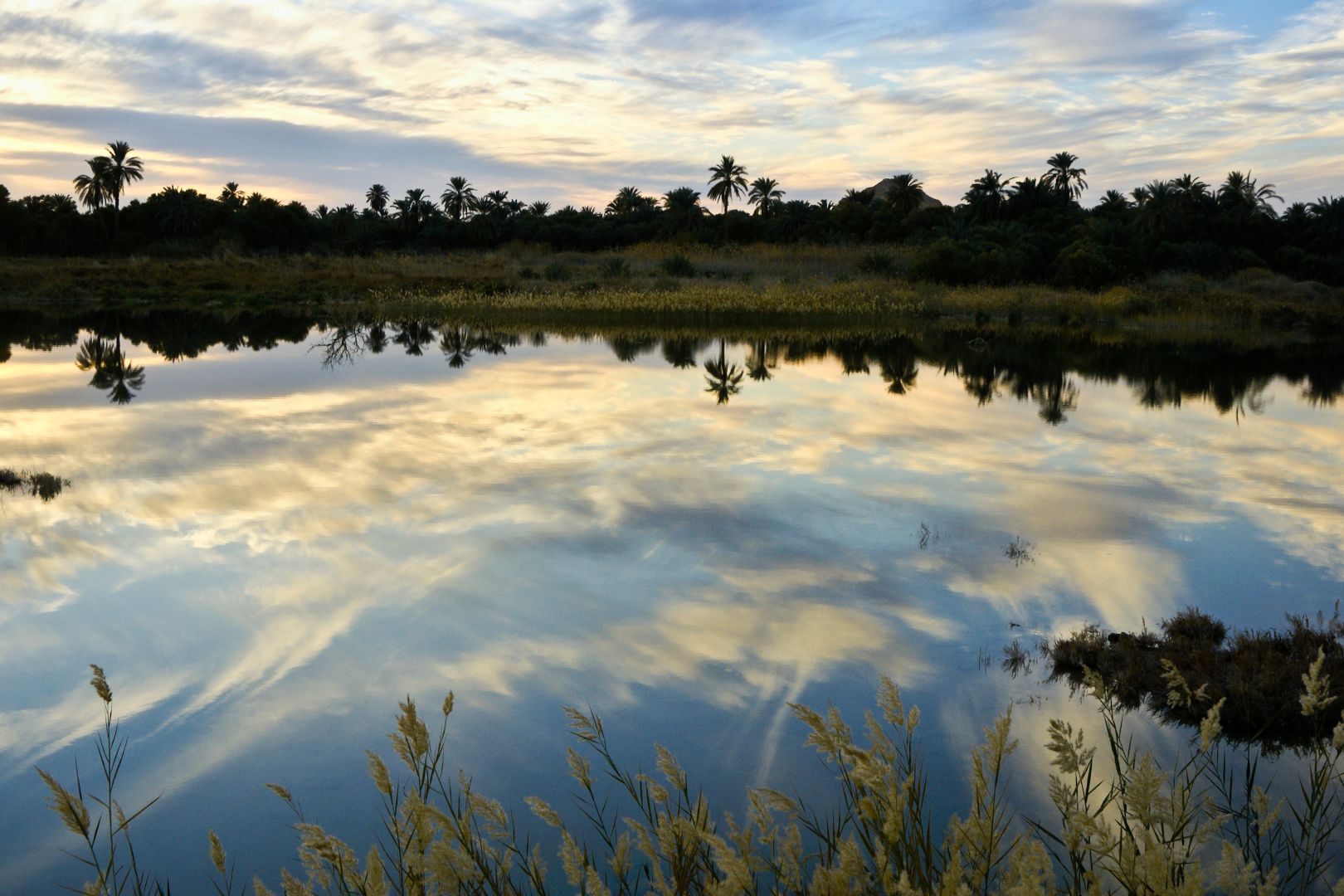
Eco Tourism in Egypt
Discovering Untouched Nature of Egypt
8 min read
Category : Travel TipsDestination : EgyptBeyond the vibrant cities, Egypt tells a different story, one of untouched deserts, dazzling coral reefs, and ancient traditions harmoniously coexisting with nature. Embark on an ecotourism journey that goes beyond the typical, uncovering the hidden gems of this remarkable land.
Picture trekking through protected oases, where unique wildlife thrives in their natural habitat, or diving into the Red Sea’s vibrant coral reefs, supporting local conservation initiatives. Imagine connecting with Bedouin communities, learning the secrets of sustainable desert living, and playing an active role in preserving Egypt's extraordinary ecosystems. This is an adventure that not only explores Egypt's beauty but also contributes to the lasting protection of its environmental treasures.
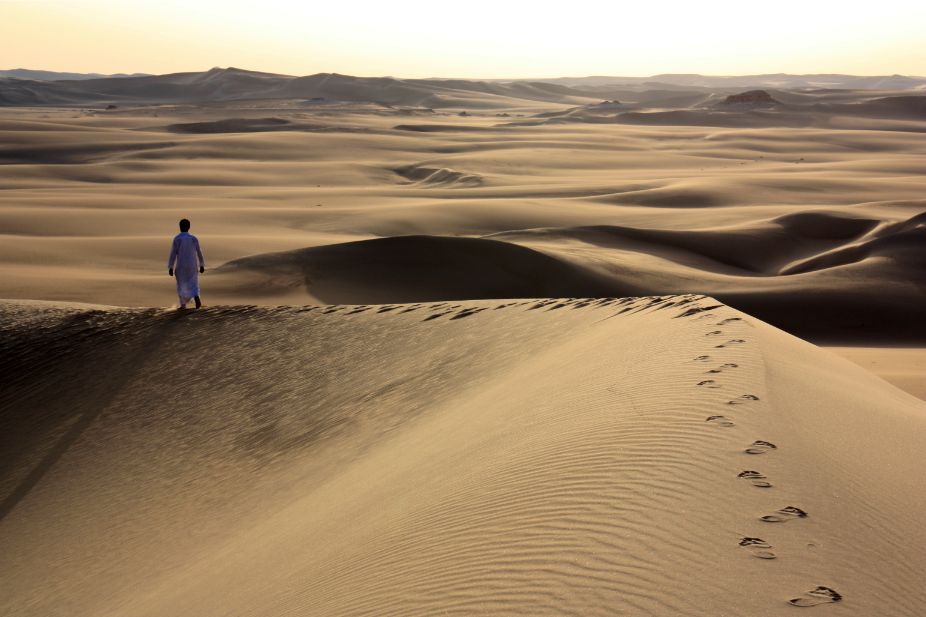
Eco Tourism and Protected Areas
Egypt proudly demonstrates its commitment to ecotourism through its 27 protected areas, with plans to expand to 40 destinations, offering nature lovers an unparalleled chance to explore its diverse landscapes. These conservation areas have served as sanctuaries for biodiversity since 1983. Wadi Al-Gemal National Park is home to over 450 coral species, while Gabal Elba Nature Reserve is a botanical treasure, boasting 458 unique plant species.
The ECO EGYPT campaign, launched in 2019, connects travelers with authentic, sustainable experiences while supporting local communities. Focused on preserving natural landscapes and cultural heritage, the initiative fosters strategic partnerships with Nubian and Bedouin communities, who share their deep-rooted traditions and knowledge.
This guide will take you through Egypt's exceptional ecotourism destinations, highlighting environmentally responsible accommodations and offering practical ways to explore the country’s natural wonders while ensuring their protection. Your journey not only allows you to experience Egypt’s beauty but also contributes to safeguarding its environment and uplifting local communities.
Eco Tourism in Egypt
Eco-tourism in Egypt has been growing rapidly as more travelers seek environmentally responsible experiences, reflecting a global shift toward sustainable travel. As the backbone of Egypt's economy, tourism is adapting to meet the increasing demand for eco-conscious options. This shift is not just a trend, but a strategic effort to preserve the country's natural treasures while promoting economic growth.
The Egyptian Ministry of Environment has recognized the importance of eco-tourism and is focusing on its expansion as a key sector. Their efforts emphasize the synergy between environmental conservation and tourism development. One of the most notable initiatives is promoting eco-friendly accommodations across diverse landscapes, offering travelers the opportunity to enjoy Egypt's beauty without compromising its ecological integrity.
A prime example of sustainable tourism is the Qasr el Bawity hotel in Bahariya Oasis. This 34-room eco-lodge uses local materials, employs Bedouin staff, and implements waste management systems to convert waste into fertilizer for palm trees. Similar eco-lodges are popping up throughout the country, providing eco-conscious travelers with responsible options.
To support the growth of eco-tourism, the government has introduced several initiatives:
- The "Green Star" certification rewards hotels that meet environmental standards.
- Diving centers can now obtain the "Green Fins" certification, the world's first environmental certification in diving.
- Strategic collaborations between the public and private sectors are encouraging investment in central region reserves, helping to protect and preserve Egypt's natural wonders.
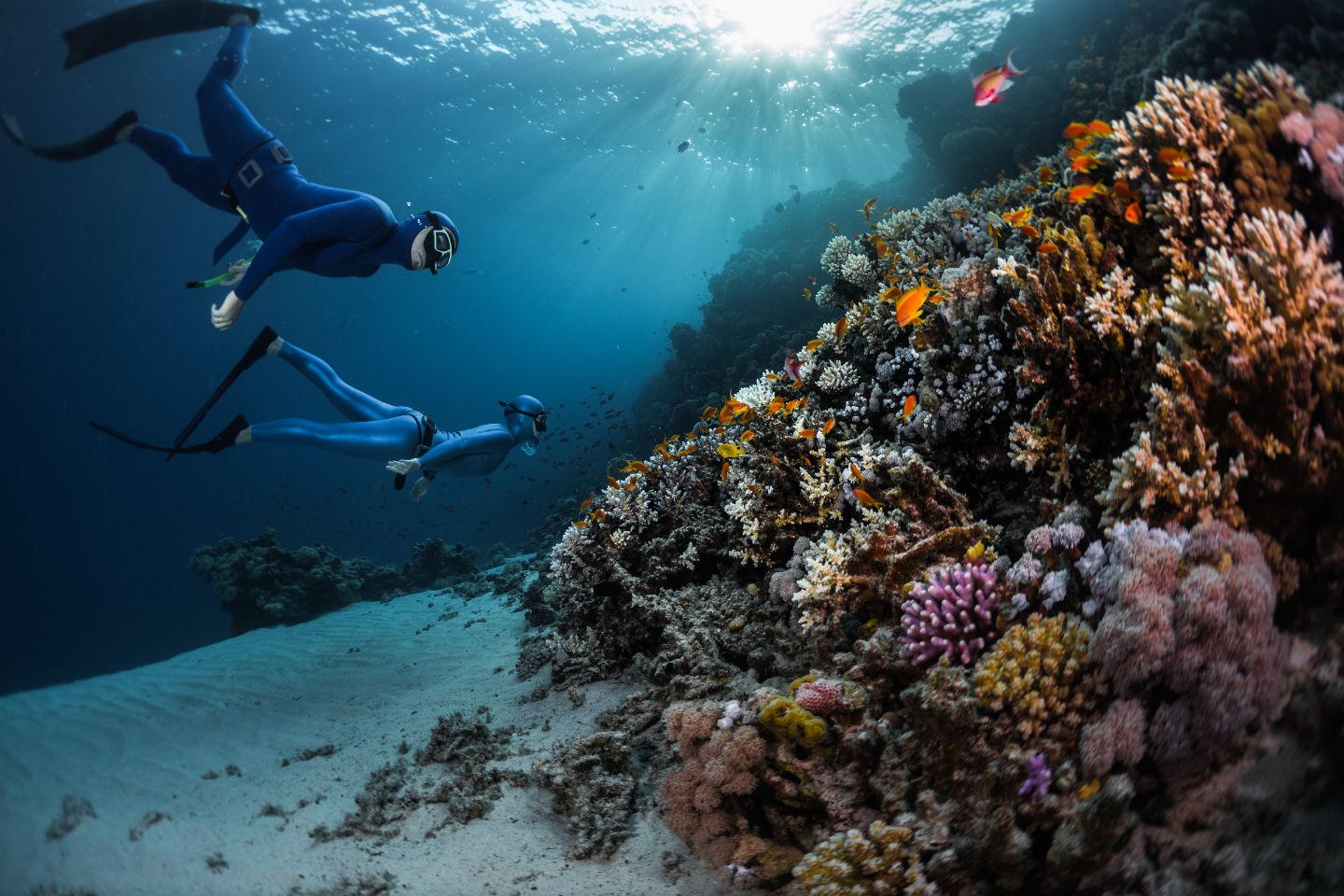
Despite these advancements, Egypt still faces significant environmental challenges. Pollution in the Nile River, plastic waste, and the degradation of coral reefs are ongoing issues. Additionally, wildlife protection remains a priority, especially for species like dolphins.
Nevertheless, Egypt continues to offer numerous eco-tourism opportunities that showcase the country's commitment to environmental preservation and cultural heritage. Local communities benefit economically while adhering to sustainable practices. The Ministry of Environment is working closely with the Ministry of Tourism and Antiquities to push the eco-tourism agenda, positioning Egypt as a forward-thinking destination that values its natural heritage while offering visitors a chance to engage in responsible travel.
Egypt's Desert Protected Areas: A Natural Treasure
Egypt's deserts, which comprise 92% of the country's land area, offer an unparalleled setting for ecotourism. At first glance, the vast stretches of sand may appear barren, but they are teeming with biodiversity and ecological treasures that are crucial to protect. The Egyptian government has made significant strides in conservation, setting aside nearly 15% of its total land area as protected zones close to the global target of 17%. These areas safeguard all five of Egypt’s terrestrial biodiversity hotspots, ensuring that future generations can benefit from these ecosystems.
Among these protected areas, the White Desert National Park stands out. This 300 km² sanctuary, established in 2002, is renowned for its surreal chalk formations sculpted over millions of years by wind and sand. The park is home to endangered species, including rhim and dorcas gazelles, as well as desert-adapted animals like jackals, fennec foxes, and sand cats. It provides a safe haven for wildlife that would otherwise be vulnerable in the harsh desert environment.
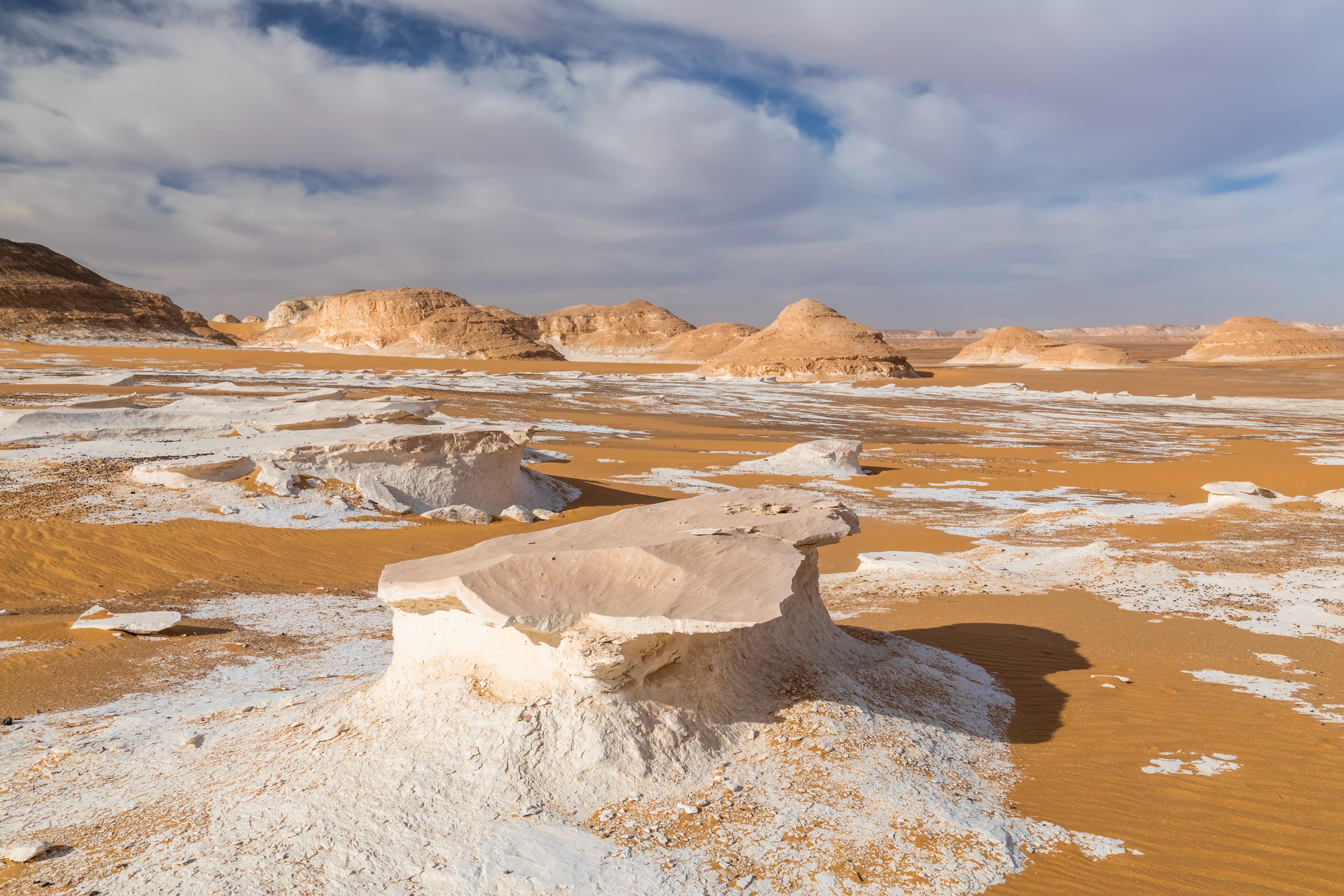
The Elba Protected Area, Egypt's largest conservation zone, spans an impressive 35,000 km². Located at the intersection of tropical and arid regions, it benefits from a unique microclimate. Mount Elba, towering at 1,437 meters, creates moisture-rich conditions that support rare flora and fauna, including sub-Saharan mammals like the zoril and aardwolf. This extraordinary biodiversity makes the area a critical focus for conservation efforts.
In total, Egypt's desert ecosystems host
- 324 species of fauna, each playing a vital ecological role
- 307 plant species in the western desert oases alone, including six endemic species
- 40 bird species in the Elba Protected Area
However, the country faces significant conservation challenges. 51 species of mammals, 26 bird species, and 26 reptile species are currently endangered. As human development and climate change continue to threaten these delicate ecosystems, green tourism practices are essential for protecting these areas while allowing visitors to enjoy their beauty and significance.
These protected areas are not just picturesque landscapes, they are critical efforts to preserve Egypt's natural heritage. By engaging in ecotourism, visitors contribute to the protection of these fragile environments and support the ongoing conservation initiatives. Exploring Egypt's deserts offers an opportunity to connect with nature while helping safeguard it for the future.
Sustainable Accommodations in Egyptian Deserts
Egypt's pristine deserts are the perfect setting for eco-friendly accommodations that harmonize with the natural environment. Since 2017, ecotourism has seen a boom, with ecolodges becoming increasingly popular across areas like Sinai, Siwa Oasis, the Western Desert, and the Red Sea coast. These eco-lodges proudly carry the Green Star Certification, a testament to their commitment to conservation and sustainable travel. They allow travelers to experience Egypt's stunning natural beauty while minimizing their environmental impact.
One standout example is Adrere Amellal in Siwa Oasis. This luxurious 40-room lodge operates without electricity, relying on beeswax candles and the starlit desert skies for lighting. The lodge is built from kershaf, a natural mix of clay, sand, and salt, and sources its water from natural springs. It also grows its own food, ensuring that the experience is as sustainable as it is serene.
Another notable eco-lodge is Basata Eco Lodge in Sinai, Egypt's first eco-lodge. Guests can choose to camp, stay in bamboo huts, or opt for traditional mud brick bungalows. Each option is designed to leave a minimal environmental footprint while offering a unique and immersive experience.
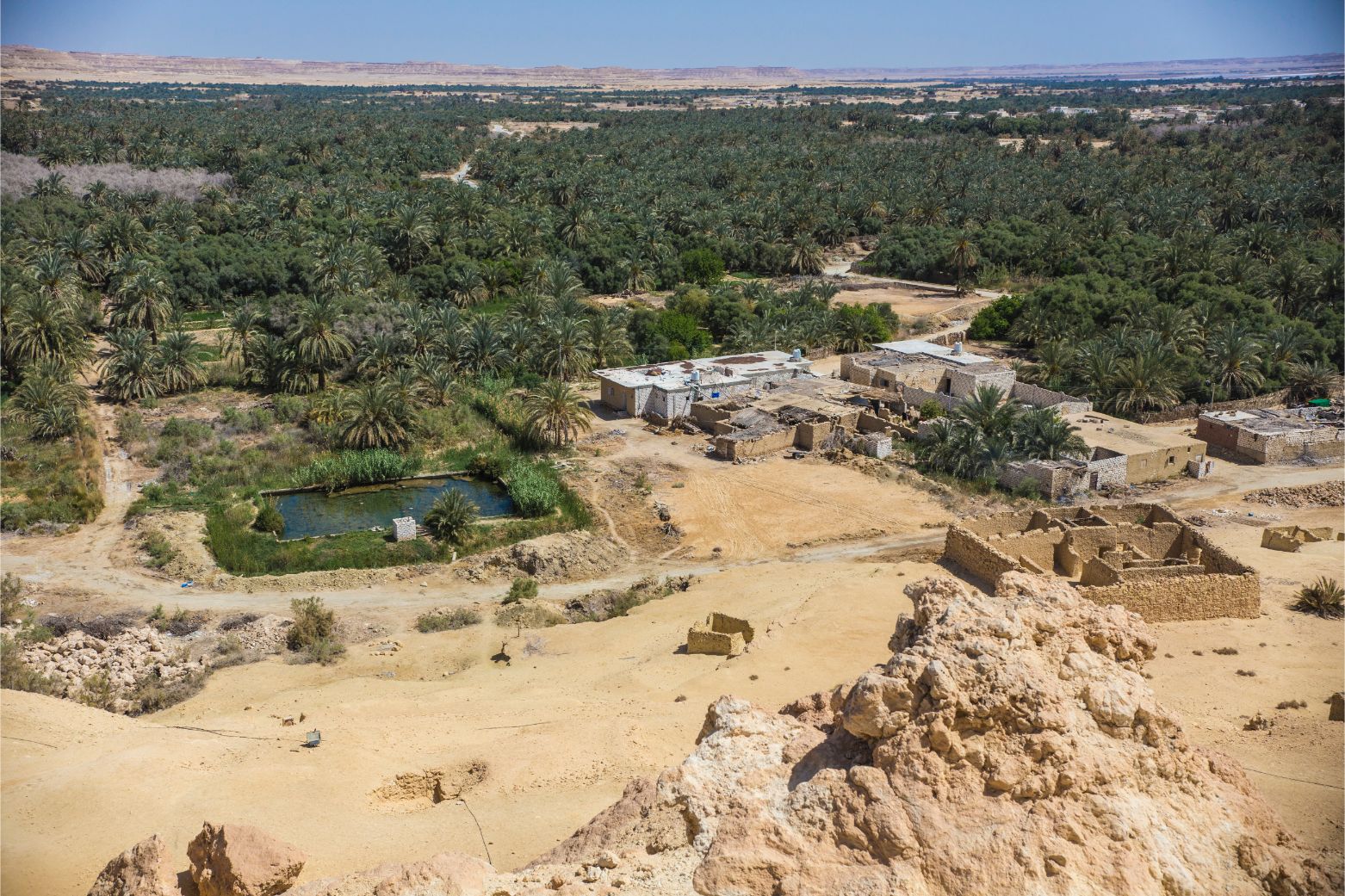
These eco-lodges prioritize sustainability through a variety of methods:
- Natural building materials like rock salt and palm wood are used to create structures that blend seamlessly into the landscape.
- Solar energy powers many of their operations, reducing reliance on fossil fuels.
- Organic food is sourced from on-site gardens, ensuring freshness while minimizing food miles.
- Water conservation is a key practice, with careful measures in place to use water efficiently and sustainably.
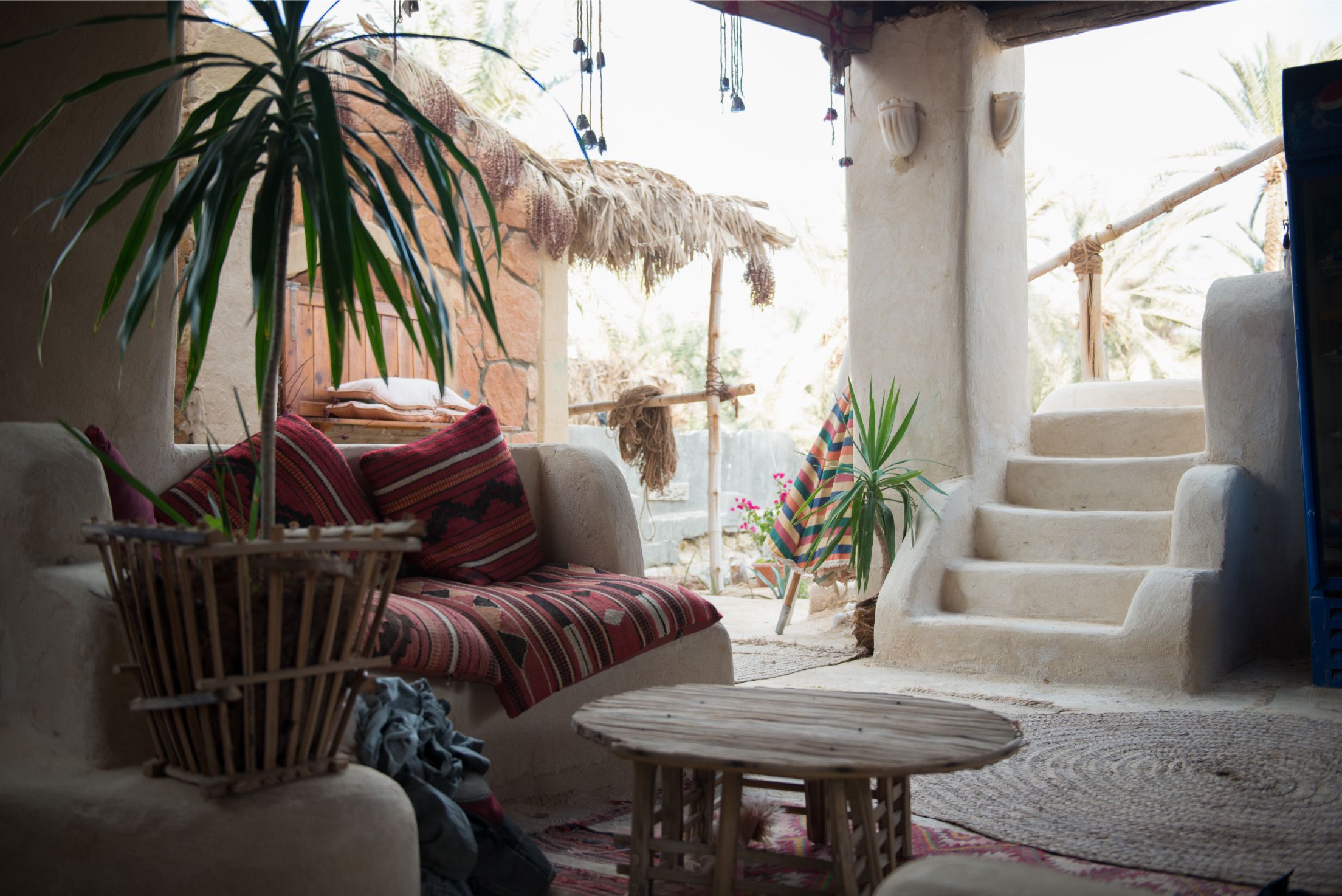
By staying at these eco-lodges, you not only experience Egypt's desert wonders in an authentic way but also support environmentally responsible practices that help preserve these breathtaking landscapes for future generations.
Cultural Immersion with Desert Communities
The essence of Egyptian ecotourism lies within its vibrant desert communities, where the connection between people and land has been nurtured for centuries. These communities, including the Bedouins and Nubians, offer visitors a chance to step into a world where tradition and nature intertwine, providing authentic cultural experiences that are deeply rooted in Egypt's rich heritage.
The Bedouins, whose name comes from the Arabic "bedawi," meaning "dweller of the desert," have traditionally been nomadic. Although many have now settled in fixed locations, they maintain many of their customs and values, most notably their emphasis on hospitality. In the desert, survival has long depended on the kindness and generosity of others, and this sense of community is still central to Bedouin life. Visitors are often welcomed with tea around a campfire, where stories flow under the stars. You may learn about traditional crafts like weaving and pottery, discover time-honored camel care techniques, and gain insight into the wisdom that has sustained these desert-dwelling peoples for generations.

Similarly, the Nubian villages near Aswan offer colorful cultural experiences that paint a vivid picture of Egypt’s diverse heritage. The brightly painted homes and intricate decorations tell the story of the Nubian people’s unique language, history, and traditions. Many Nubian communities also embrace eco-friendly tourism, providing sustainable accommodations and activities that highlight their commitment to preserving the environment and their cultural practices.
For a truly immersive cultural experience, visitors can:
- Share traditional meals made with locally sourced ingredients, offering a taste of authentic Nubian or Bedouin cuisine.
- Listen to native music, with songs and melodies that recount stories of desert life and survival.
- Learn from community elders about healing desert plants and the medicinal wisdom passed down through generations.
- Watch artisans create traditional crafts, from woven textiles to hand-carved pottery.
These interactions foster a two-way exchange. As one Bedouin guide shared, travelers have taught local communities to view their environment not just as a resource but as a precious asset to protect. This exchange enriches both visitors and communities, creating deeper connections and mutual respect. Many Bedouins now work as ecotourism guides, dive masters, and climbing instructors, helping to bridge traditional knowledge with modern ecotourism practices.
By engaging with these communities, you help preserve their way of life while fostering connections that go beyond typical tourist encounters. Your respectful involvement supports their continued cultural heritage and provides you with an experience that transcends the ordinary, allowing you to walk away with memories of Egypt’s true spirit.
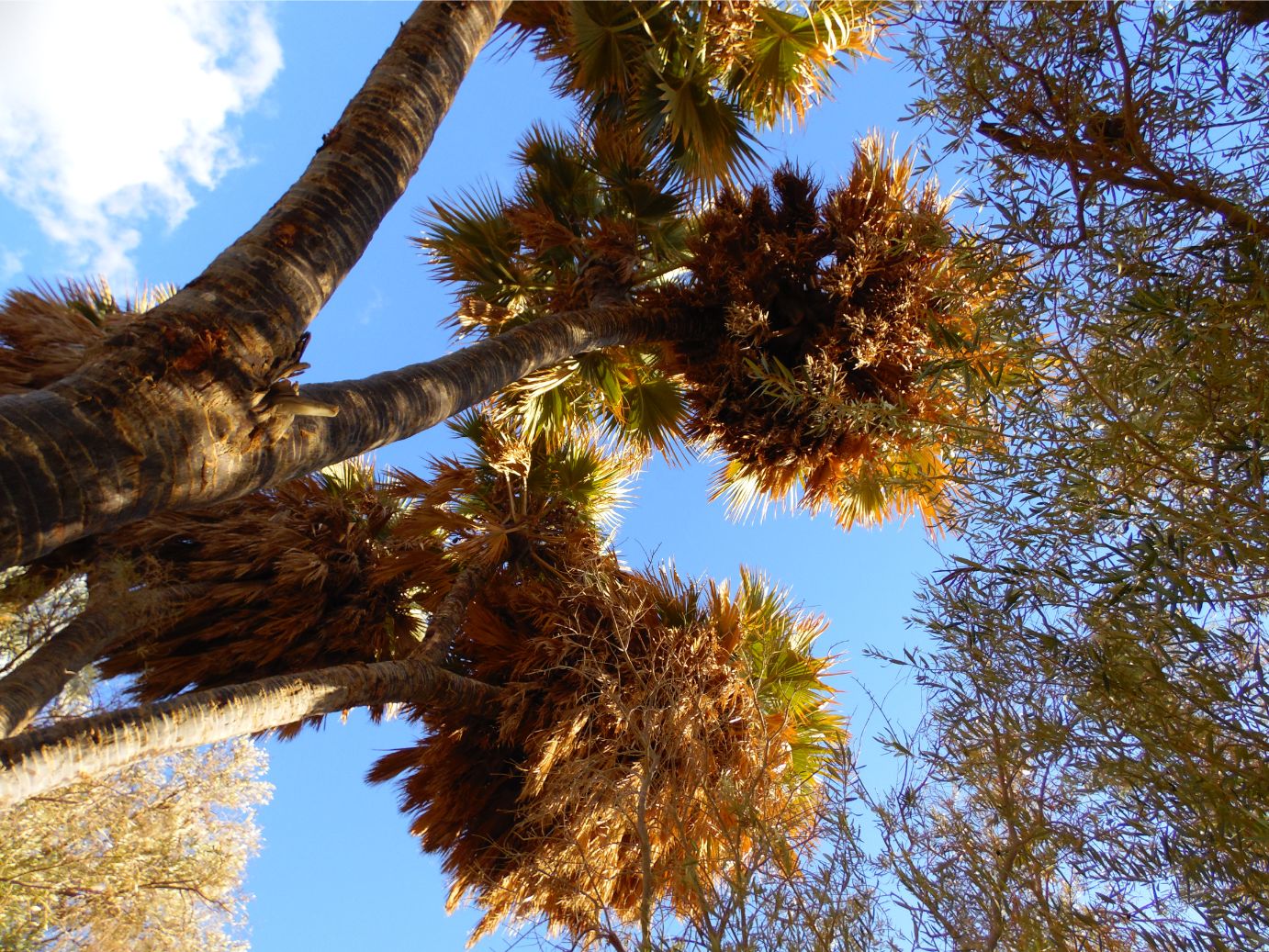
Eco Tourism in Egypt isn't just a trend; it's a vital movement to safeguard these precious ecosystems and the communities intertwined with them. It's about trading crowded monuments for untouched natural reserves, trading impersonal tours for authentic encounters with local cultures, and trading fleeting glances for profound connections with nature's artistry.
By choosing eco-friendly lodges, supporting local initiatives, and respecting the delicate balance of these environments, you become more than a tourist; you become a custodian. You contribute directly to the preservation of vibrant marine life, the protection of migratory bird routes, and the sustainable livelihoods of those who call these unique landscapes home.
So, as you plan your next adventure, consider this: Egypt offers not just a journey through time, but a profound opportunity to reconnect with the wild heart of our planet. Let your next Egyptian sojourn be a testament to responsible travel, proving that luxury and conservation can indeed go hand-in-hand. Uncover the natural marvels of Egypt and leave a positive footprint on this ancient land. The desert whispers, the Red Sea calls, and a truly unforgettable eco-adventure awaits!
Related Articles
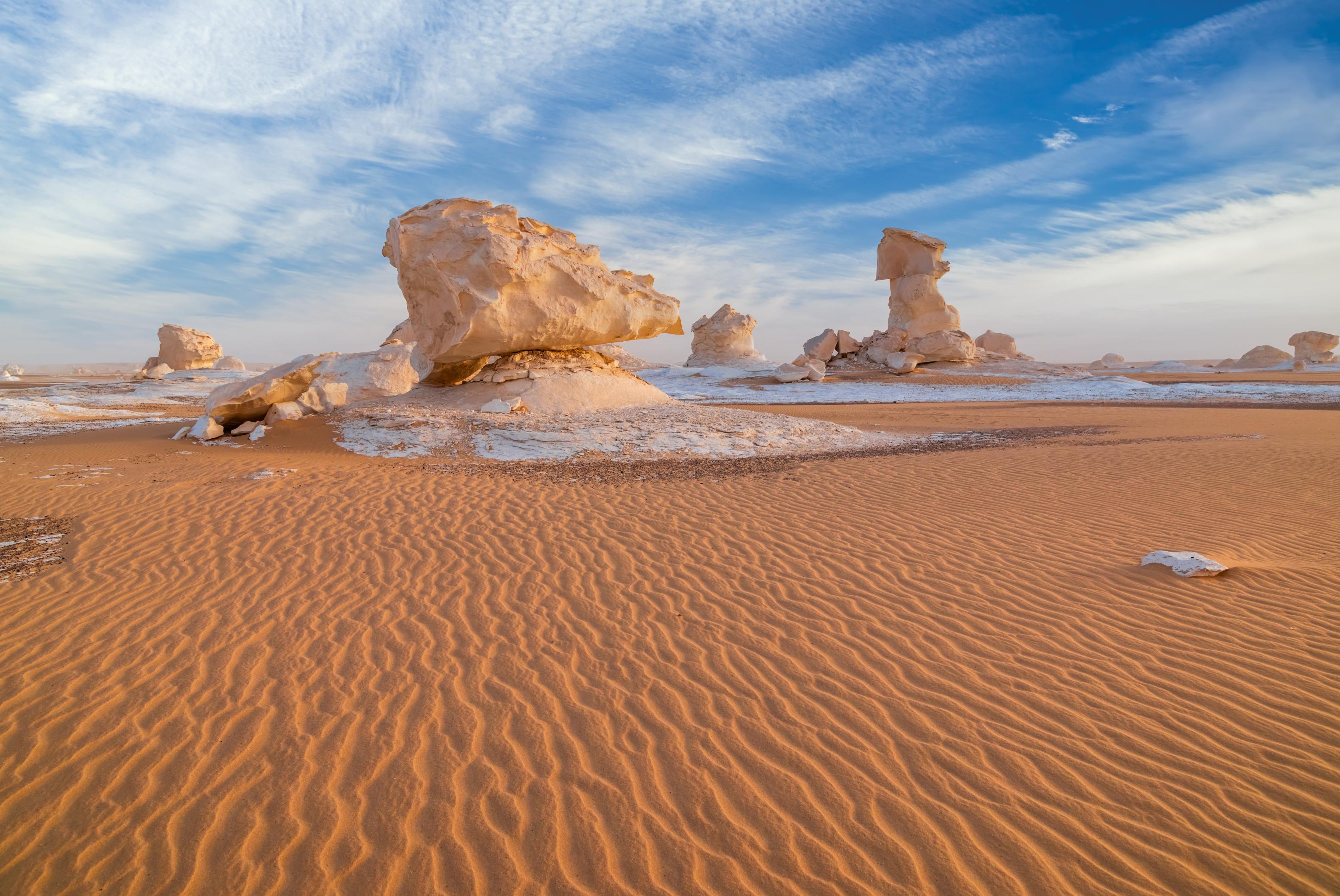
Oases in Egypt
Oases in Egypt are more than just natural wonders; they're the heartbeats of the desert, where Bedouin traditions thrive and ancient cultures endure.
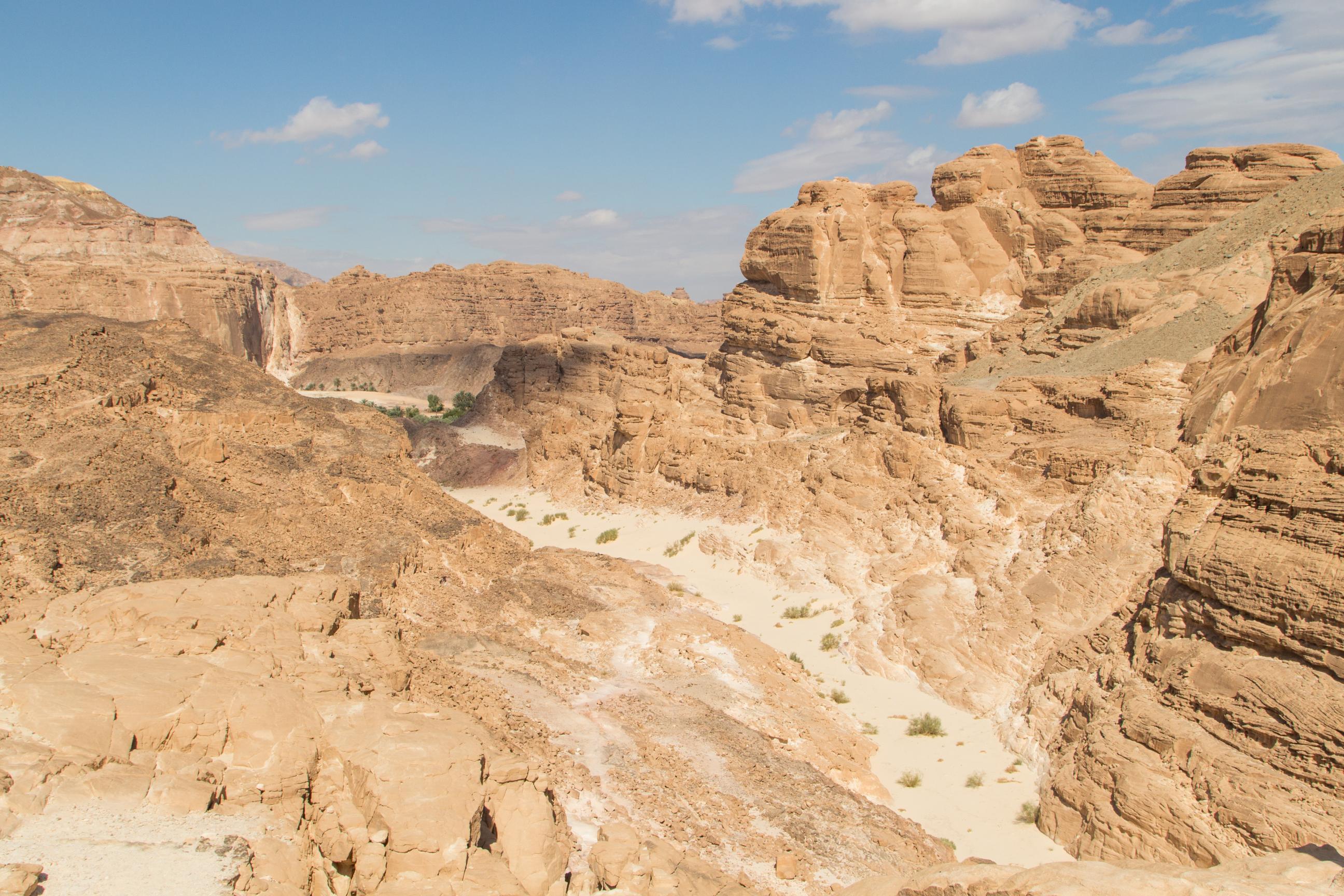
Egypt Grand Canyon and Wonders of Nature
Egypt Grand Canyon is more than just a canyon; it is a stunning collection of sculpted gorges, shaped over thousands of years by the forces of wind and water.
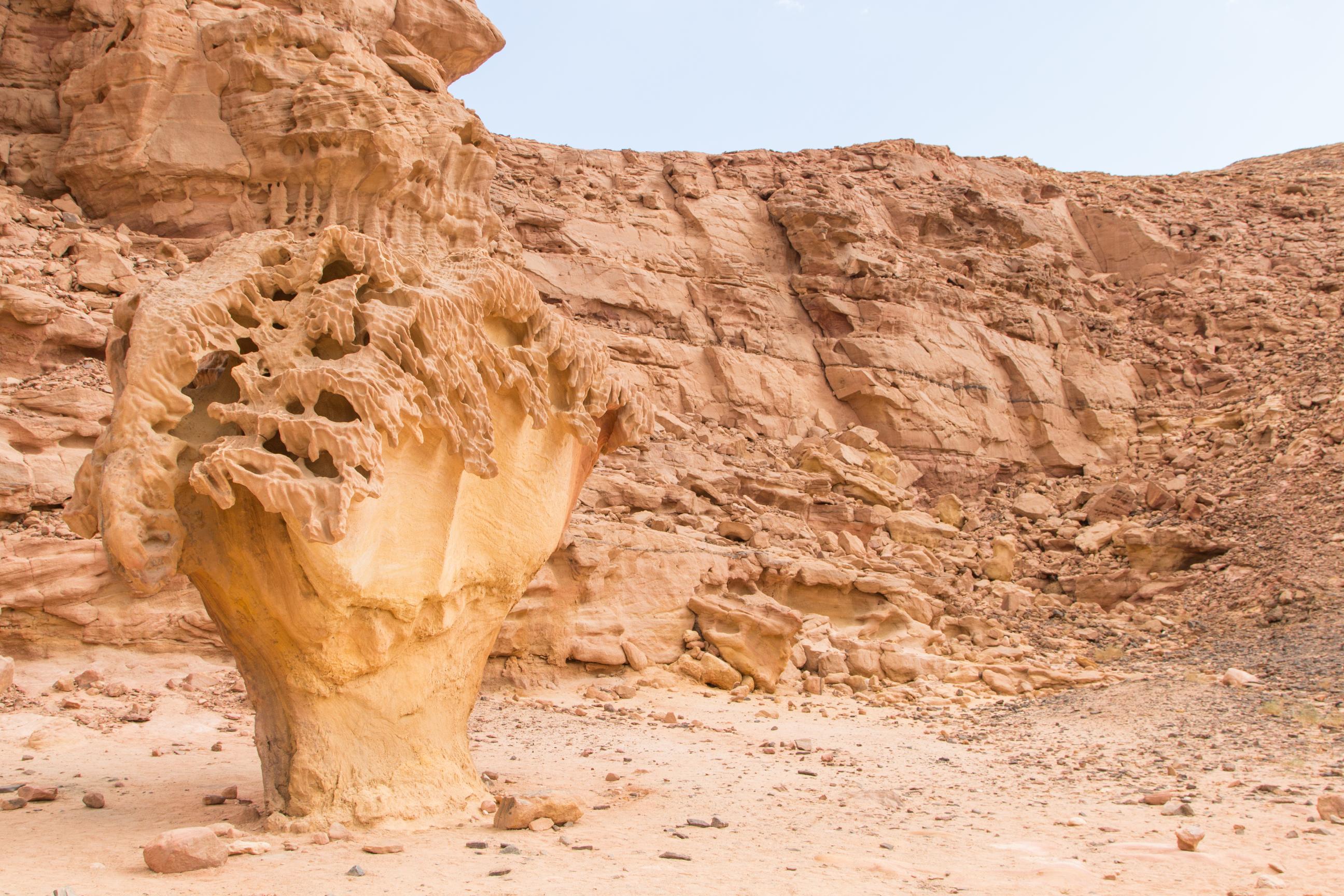
Why Egypt's Grand Canyon Should Be Your Next Adventure?
Explore the stunning formations, captivating patterns, and breathtaking beauty of Colored Canyon in Egypt. This destination is a must-visit for every adventurer.
